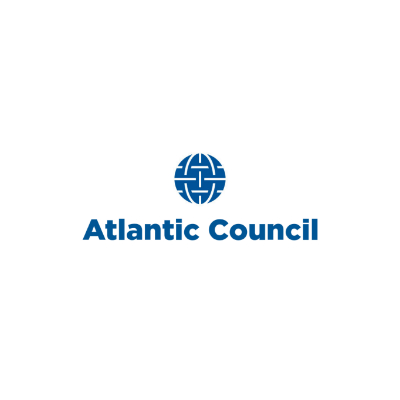 Atlantic Council Article Rating
Atlantic Council Article RatingRecalibrating the use of individual sanctions in Venezuela
- Bias Rating
- Reliability
85% ReliableGood
- Policy Leaning
60% Medium Right
- Politician Portrayal
-34% Negative
Continue For Free
Create your free account to see the in-depth bias analytics and more.
By creating an account, you agree to our Terms and Privacy Policy, and subscribe to email updates.
Bias Score Analysis
The A.I. bias rating includes policy and politician portrayal leanings based on the author’s tone found in the article using machine learning. Bias scores are on a scale of -100% to 100% with higher negative scores being more liberal and higher positive scores being more conservative, and 0% being neutral.
Sentiments
-4% Negative
- Liberal
- Conservative
| Sentence | Sentiment | Bias |
|---|---|---|
Unlock this feature by upgrading to the Pro plan. | ||
Reliability Score Analysis
Policy Leaning Analysis
Politician Portrayal Analysis
Bias Meter
Extremely
Liberal
Very
Liberal
Moderately
Liberal
Somewhat Liberal
Center
Somewhat Conservative
Moderately
Conservative
Very
Conservative
Extremely
Conservative
-100%
Liberal
100%
Conservative

Contributing sentiments towards policy:
52% : Most of these thirty were sanctioned by the United States months or years before they were sanctioned by Canada and the EU.52% : One way to tighten the strategy for individual sanctions involves targeting more overseas assets of Venezuelans who have contributed to political and economic destabilization, and those of their family members and associates.
49% : Malpica Flores is also the nephew of current Venezuelan first lady Cilia Flores, and his delisting was reportedly part of an effort to induce the Venezuelan government to restart negotiations with the opposition -- and indeed, days later opposition and government representatives met in Oslo.
49% : In July 2023, the Treasury removed Carlos Rotondaro, former board president of the Venezuelan Institute of Social Security (IVSS), from the SDN list.
49% : Of the 175 US-sanctioned individuals, Canada sanctions seventy of the same individuals, while the EU sanctions forty-three.
43% : Neither Canada nor the EU has placed sanctions on any individuals sanctioned by the United States that we have classified as economic elites.
42% : Effectively pressuring the Venezuelan government will require innovative thinking on the use of individual sanctions from US authorities in both the outgoing Biden administration and incoming Trump administration, as well as careful coordination between the United States and Latin American and European governments.
42% : After Trump took office in January of 2017, the number of individual sanctions increased dramatically, with forty-one issued in 2017 alone.
42% : However, it is notable that the EU has not placed individual sanctions on Maduro himself.
41% : With Trump slated to return to the Oval Office, here's what policymakers should know about the use of individual sanctions -- and what can make Venezuela sanctions policy more effective.
33% : The eleven individuals sanctioned by the EU that are not sanctioned by the United States include people known to have committed human rights violations and officials contributing to the erosion of democracy and democratic institutions.
*Our bias meter rating uses data science including sentiment analysis, machine learning and our proprietary algorithm for determining biases in news articles. Bias scores are on a scale of -100% to 100% with higher negative scores being more liberal and higher positive scores being more conservative, and 0% being neutral. The rating is an independent analysis and is not affiliated nor sponsored by the news source or any other organization.


























